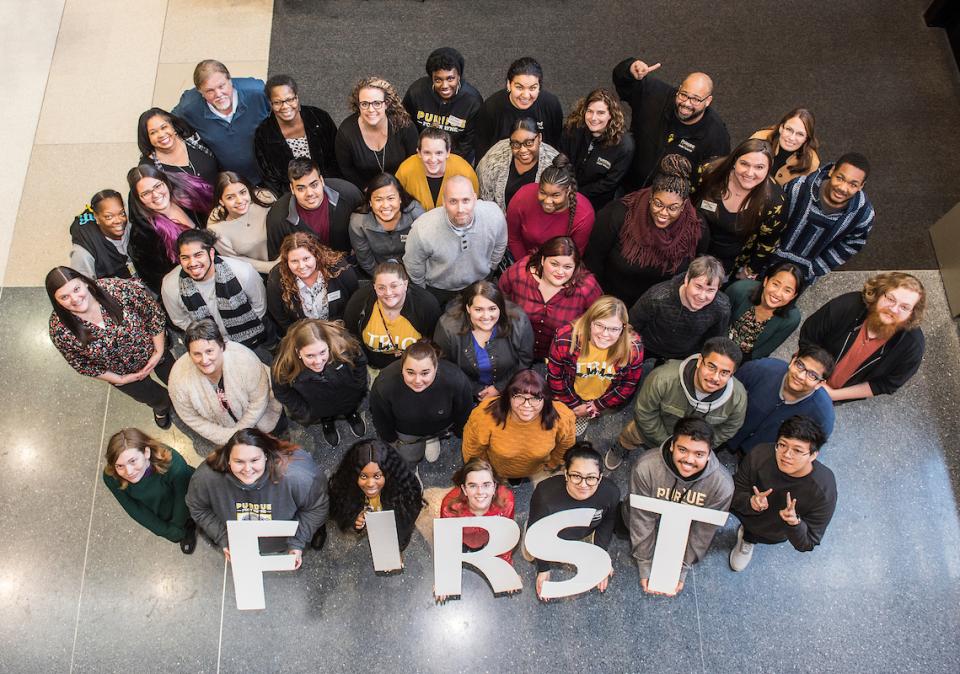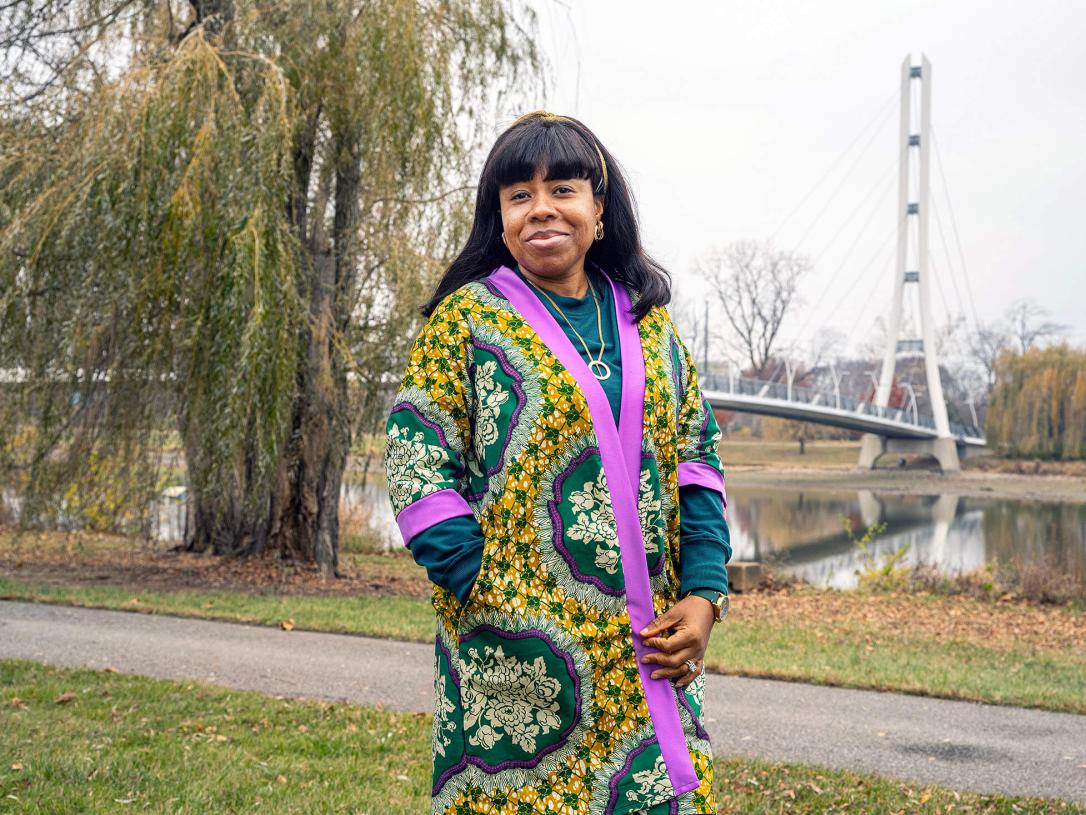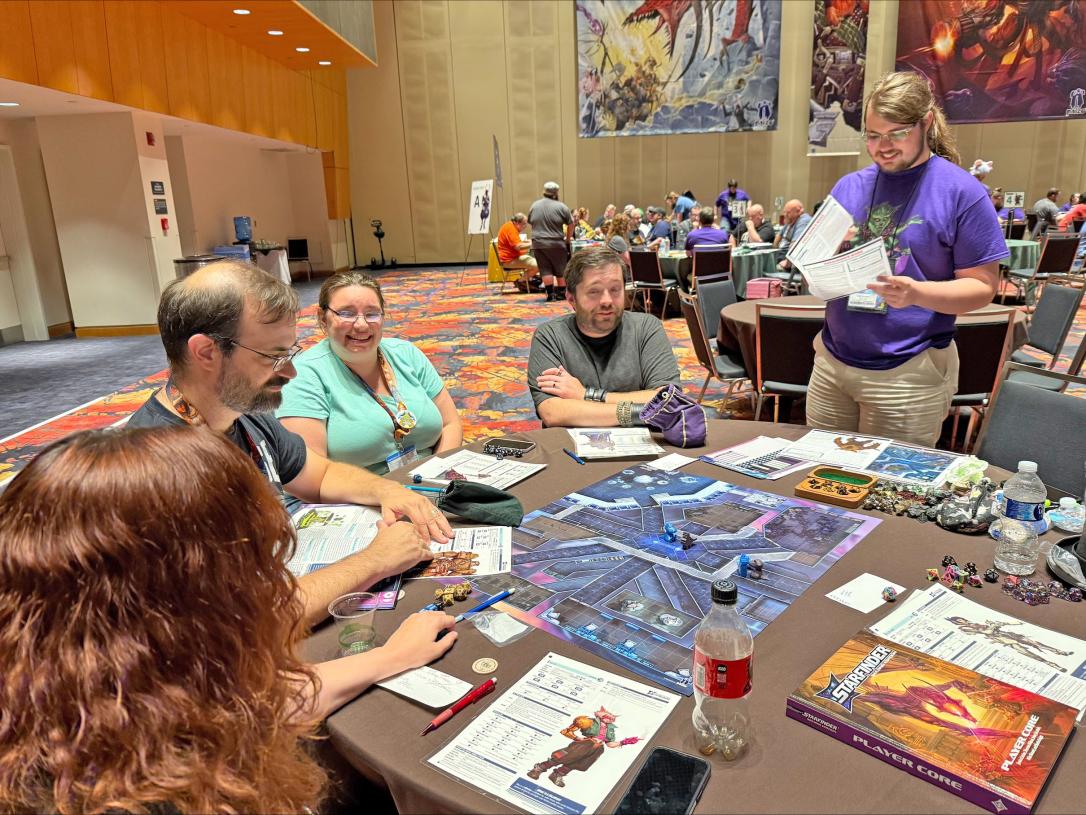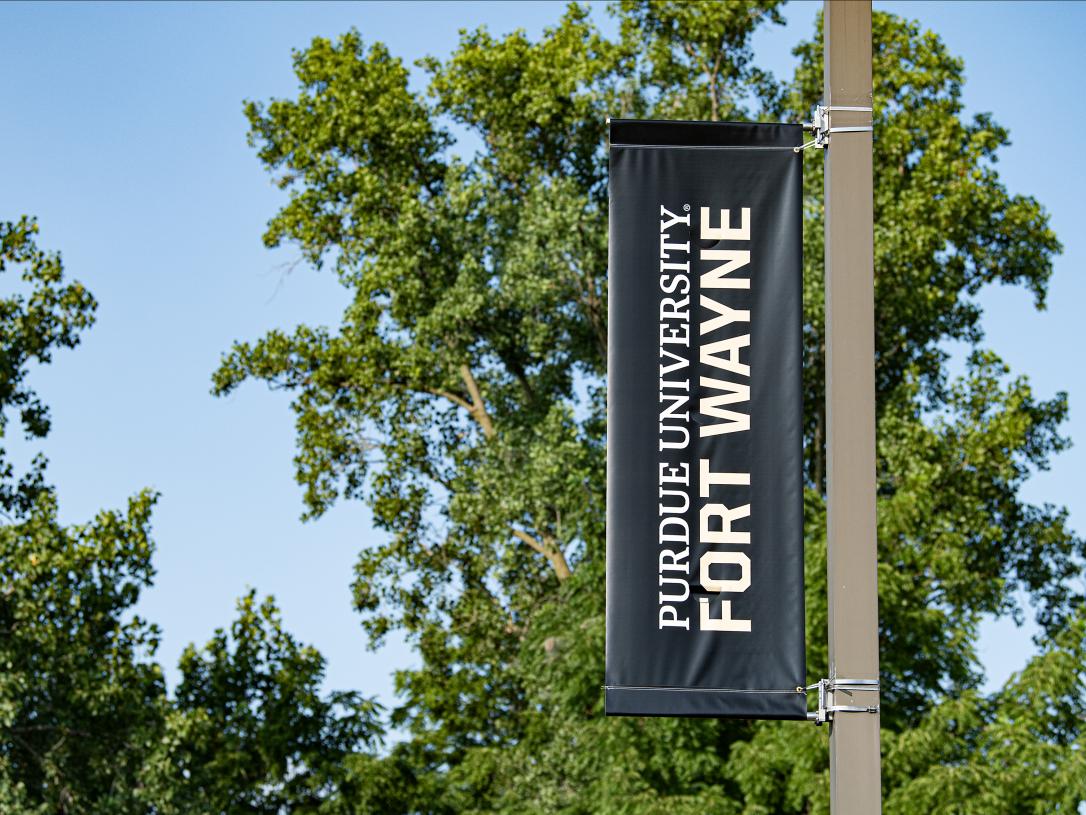
PFW Story
TRIO helps build a campus family for first-generation students
Because Danh Ngo’s family members immigrated from strife-torn Vietnam in the late 1990s and don’t speak English, she has responsibilities like translating information during trips to the doctor and ordering food in restaurants.
That’s one reason why she’s studying organizational leadership at Purdue University Fort Wayne. School is close to home, and she can continue working in the family restaurant.
“It can be very scary being a first-generation student because there are so many things you don’t know about,” Ngo said. “You don’t know who to reach out to if you have any problems or concerns. You are just unaware how everything works.”
Keytron Johnson understands perfectly. When he was passed over for a warehouse management position 2 ½ years ago because he lacked a degree, he decided at age 43 to fix that problem and is also studying organizational leadership.
Johnson and his wife have eight children and five grandchildren — and thought they had a grasp on the sacrifices required to make it all work. Like Ngo, Johnson is the first person in his family to attend college, let alone try to graduate.
“Being on campus as an older man is an obstacle,” he said. “The demographics are so different, there’s no one who looks like me. I was also feeling a disconnect because I had been away from school for so long.”
Feeling lost, neither Ngo nor Johnson knew where to ask for help until someone suggested TRIO Student Support Services located in Kettler Hall, Room G23. Started as a government program to address poverty by President Lyndon Johnson in 1965, TRIO helps first-generation students find the support they need through mentoring, workshops, counseling, tutoring, social functions, and employment opportunities. There’s no fee to join.
Shubitha Kever, associate diversity officer and director of TRIO programs, said there are around 150 students involved each semester. She was also a first-generation student who started working for the university 17 years ago.
“The needs of our students are very diverse but similar,” she said. “Our students are all looking for community, to make friends, and find a safe place to go and ask questions. We’re all united by one thing, we’re the first. We don’t just change a person’s life, we change families’ lives.”
All department members are former first-generation students who understand the unique pressures and expectations those students face, and they are almost always busy and encouraging. As a graduate of the university, Kever said she almost dropped out of college several times but found an advisor who guided her through. She models what she does now on the example of that faculty member.
Basically, TRIO builds an on-campus family for first-generation students.
“TRIO helps because it gives me a place to relieve all my stress,” Ngo said. “I was also able to meet a lot of friends that I feel like I can relate to. You get to make great friends, which can be difficult when first starting school.”
Johnson is extremely focused on finishing his degree, in part to provide an example for his other family members.
“I feel that every day,” he said. “I’m nervous because it’s going to be a challenge. I am at a stage in life where either I’m going to do it and get it done, or I’m not. I don’t have any time to play, and I want a legacy and something my family can look up to.”




